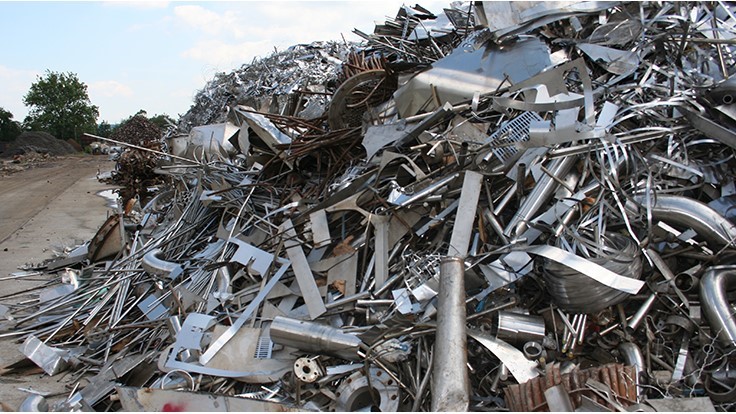In an era where sustainability is a top priority, industries across the globe are seeking eco-friendly practices to reduce their environmental impact. One such transformative solution that is gaining momentum is scrap metal recycling. This sustainable revolution is not only beneficial for businesses but also plays a pivotal role in conserving resources and protecting the planet. In this extensive blog post, we'll delve deep into the world of scrap metal recycling, exploring its far-reaching impacts on industries and the environment.
1. The Sustainable Revolution
Scrap metal recycling is at the forefront of the sustainable revolution in industries. It involves the collection, processing, and reuse of discarded metals, such as steel, aluminum, copper, and brass. These metals are not only valuable but also versatile, finding applications in various sectors, from construction and manufacturing to transportation and electronics.
2. Resource Conservation
One of the foremost advantages of scrap metal recycling is resource conservation. Recycling metals conserves natural resources by significantly reducing the need for new mining and extraction. The mining of raw materials is often accompanied by habitat destruction, soil erosion, and water pollution. By choosing to recycle metals, industries actively contribute to preserving ecosystems and safeguarding precious resources.
3. Energy Efficiency
Scrap metal recycling stands as a beacon of energy efficiency. The energy savings achieved through recycling are substantial. For example, recycling aluminum requires approximately 95% less energy compared to producing aluminum from raw materials. This energy efficiency translates into reduced carbon emissions and a smaller carbon footprint for industries, aligning perfectly with sustainability goals.
4. Emission Reduction
Industries are increasingly under pressure to reduce their carbon footprint. Scrap metal recycling assists in achieving this goal by minimizing the energy-intensive processes associated with primary metal production. By reducing emissions, industries become champions of environmental stewardship and contribute to cleaner air and a healthier planet.
5. Waste Reduction
Waste reduction is a fundamental principle of sustainability. The recycling of metals ensures that these valuable materials do not end up as waste in landfills or improperly disposed of, where they can pose environmental risks. Instead, they are given a new life, promoting responsible materials management.
6. Circular Economy Integration
Scrap metal recycling seamlessly integrates with the principles of the circular economy, which prioritize the reuse and recycling of materials. It promotes the creation of closed-loop systems where metals can be continuously recycled, reducing the need for new production and minimizing environmental impact.
7. Economic Advantages
Apart from its undeniable environmental benefits, scrap metal recycling offers economic advantages. Recycling facilities become economic hubs, generating revenue through the sale of recycled materials and supporting job creation in the recycling industry. It's a win-win situation where sustainability and economic growth go hand in hand.
8. Environmental Leadership
Industries that embrace scrap metal recycling showcase environmental leadership. They set an example for responsible and sustainable materials management, demonstrating their commitment to reducing waste, conserving resources, and minimizing their environmental footprint.
Become a leader in the sustainable revolution by embracing scrap metal recycling. Athabasca Scrap Metal specializes in responsible recycling and the management of various metals. Contact us at +1 (780) 213-9010 to discover how your industry can be a driving force behind resource conservation, energy efficiency, and environmental stewardship through scrap metal recycling.
%20(1)%20(1)%201.png)
%20(1)%20(1)%201s.png)

